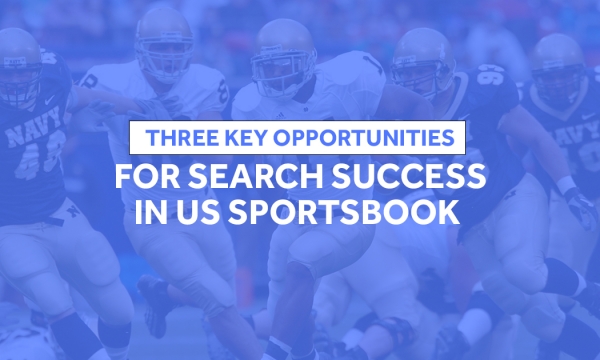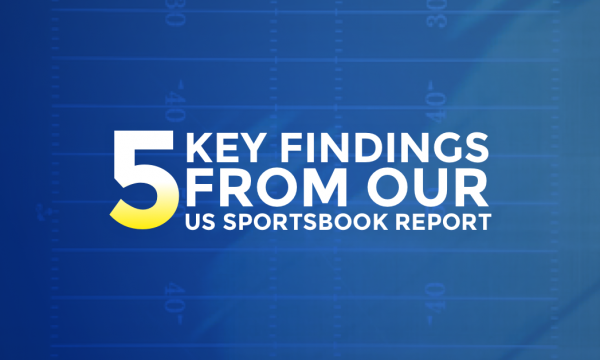Facebook is taking steps to make social referring much easier for its users, and Instant Articles is the foundation of its ambition to increase its content referrals. The new approach to social referrals has been heralded as a major selling point for brands and publishers, but it could see them give up a lot of control over their content.
What is going on?

Facebook is currently looking to encourage news publishers into signing up to its Instant Articles programme, which will essentially see publishers hand over their content to Facebook in return for a 100% share of ad revenue. Facebook would host the content on its domain.
Instant Articles is being sold as a feature that makes it easier for publishers to invest in high quality, multimedia content for mobile – a platform that is incredibly difficult to create immersive, shareable content for. Publishers including Buzzfeed, The Atlantic, The New York Times and National Geographic are already signed up for the initial trial, with more likely to follow.
Additionally, some iOS users in the United States have reported seeing an ‘Add a link’ button, which appears when they post a status update on their device. This button takes users to an integral search engine, which allows users to find a suitable link to support their status update.

For example, if a user wants to post a status commenting on a general election result, they can search for and link to a relevant article about the particular party or politician that they are referring to.
The feature is designed to make it easier for users to share links, helping Facebook to enhance its position as a leading referrer for publishers and, to a lesser extent, brands. The button removes the need for users to switch between applications, copying and pasting URLs and content.
What’s the catch?
The search engine is powered by Facebook’s own database of content, which means that it is based purely on links that have already been shared on, or indexed by, Facebook. That creates a very clear link between Facebook Instant Articles, and the new ‘Add a Link’ search engine. If content is being hosted by Facebook, it’s likely to appear in Facebook’s search algorithm.
That approach, along with the ad revenue kick-back, is likely to tempt many publishers onto the Instant Articles platform. But many publishers and brands have expressed some reservations about the initiative.
Whilst the idea has been apprehensively welcome by some publishers, concerns have been raised over the advertising model and of the power that Facebook could potentially yield. The idea that Facebook could ultimately control and prioritise whose content is visible is a genuine journalistic concern, and questions have been raised over how Facebook will treat the content of publishers that aren’t enrolled in Instant Articles.
The other big concern simply relates to the potential pitfalls in handing over large swathes of content to a third party, relinquishing control and ultimately traffic to Facebook. Publishers will effectively be placing their content within a ‘walled garden’ (albeit one with 65 million users), at the expense of their own open platforms.
So what should I do with my social content strategy?
At the moment, the scheme is very much in its trial phase. The initial nine publishers are currently providing their feedback and the feature is currently only available to users of the Facebook iPhone app.
What Instant Articles does above all else is encourage publishers to make their content as sharable as possible as, when readers share Instant Articles on their newsfeeds, the link that gets shared goes directly to the publisher’s site.
It is likely that, over time, Instant Articles becomes open to more publishers and then, eventually, to brands. This is very much a work in progress for Facebook, but as users become more accustomed to viewing Instant Articles content, it is likely that it will become an expectation rather than a novelty.
That will inevitably create dilemmas for anyone looking to push content through Facebook and ultimately, the goal of that content will be what should influence any decision on who is responsible for hosting and distributing your content.




